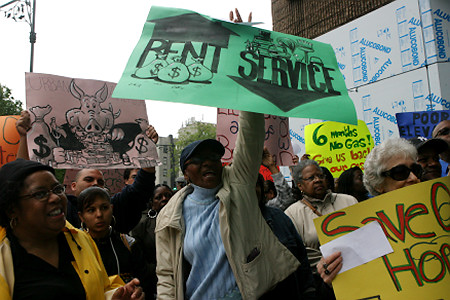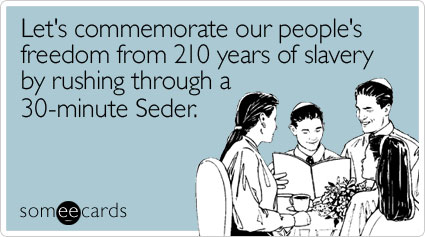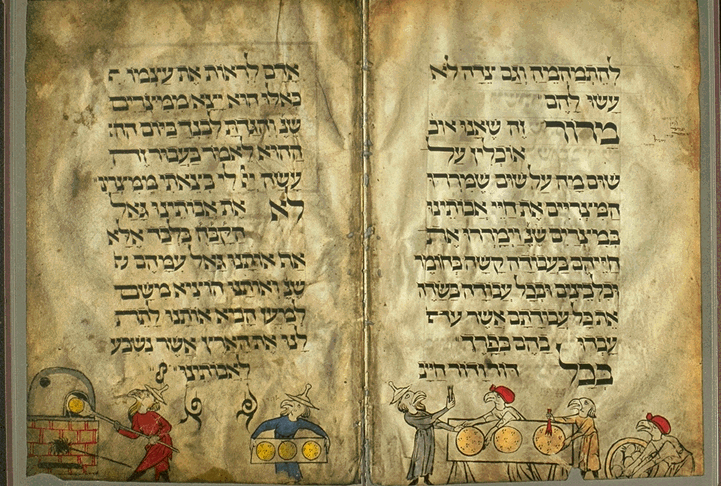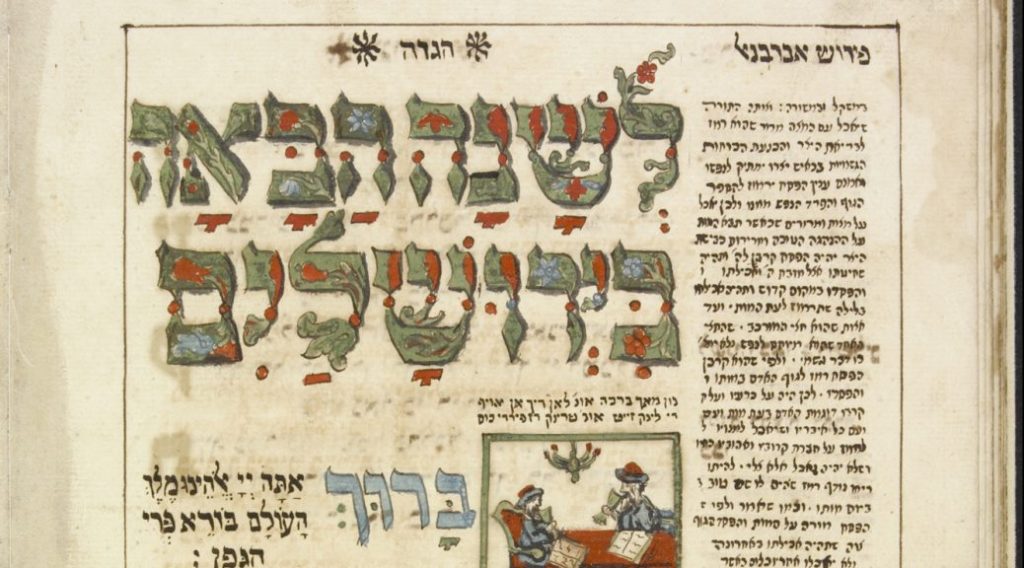
Reader:
As in years before, we’ll soon proclaim, “Next year in Jerusalem!” But do we actually mean this? Do we really, truly believe that we will live to reach the Promised Land? Do we honestly expect to see the world we’ve been struggling for and dreaming of for so long? And if not, might these words be something more than merely the obligatory aspiration we recite at the end of every seder?
It’s worth considering that we may have already entered the Promised Land in ways we never stopped to realize: when we show up for our fellow strugglers, when we celebrate our victories along the way, when our efforts are infused with our highest values of justice and equity and sacrifice. And it is in these moments that we find ourselves dwelling in the world we’ve been fighting for all along. We’re experiencing the world we want to see because we’ve been creating it for one another.
Struggle is hard work, but if we view it exclusively as a means to an end, it will be only that. However, if we view struggle as an inherently sacred act, we may yet see the face of God in our comrades and those who have gone before us. We may come to understand that the world-to-come is not just a far-off dream. We may yet find we are living in the Promised Land in ways we have never truly understood before.
As we conclude our seder now, let us vow that these fleeting moments are a but glimpse of the possible beyond what we might ever have dared to imagine. Let us state unabashedly that next year will be the year we make Jerusalem – the city of wholeness and peace – not merely a hope, but a reality for all. From our narrow place to the wide-open spaces, let these words be our promise to one another:
We joyfully proclaim:
L’shanah haba’ah bi’rushalayim!
Next year in Jerusalem!

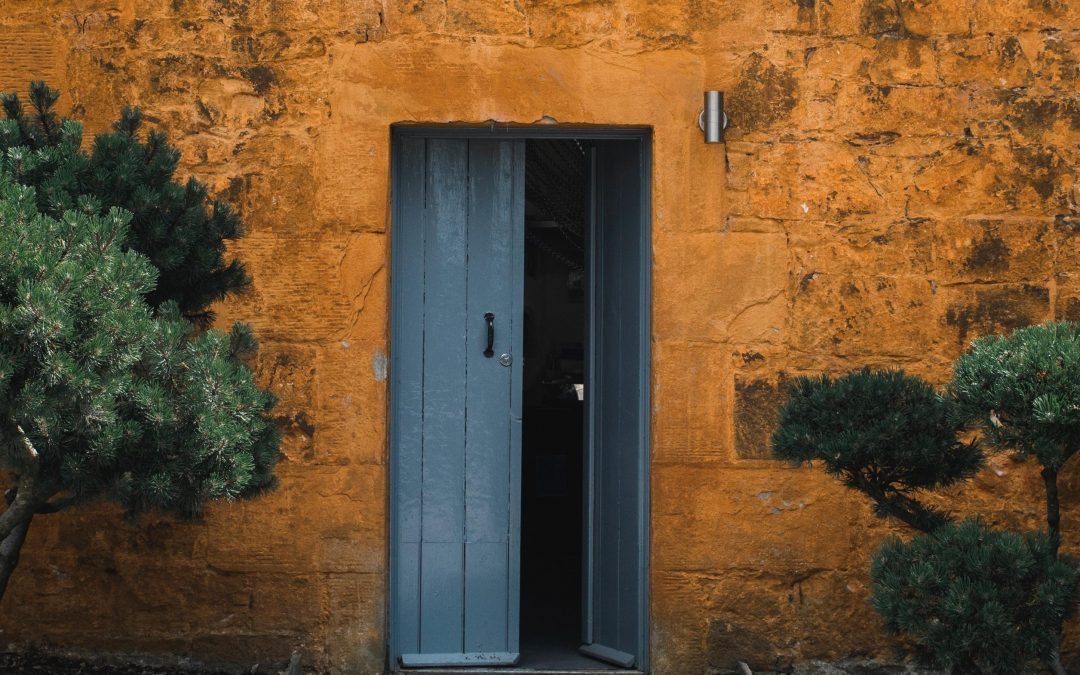
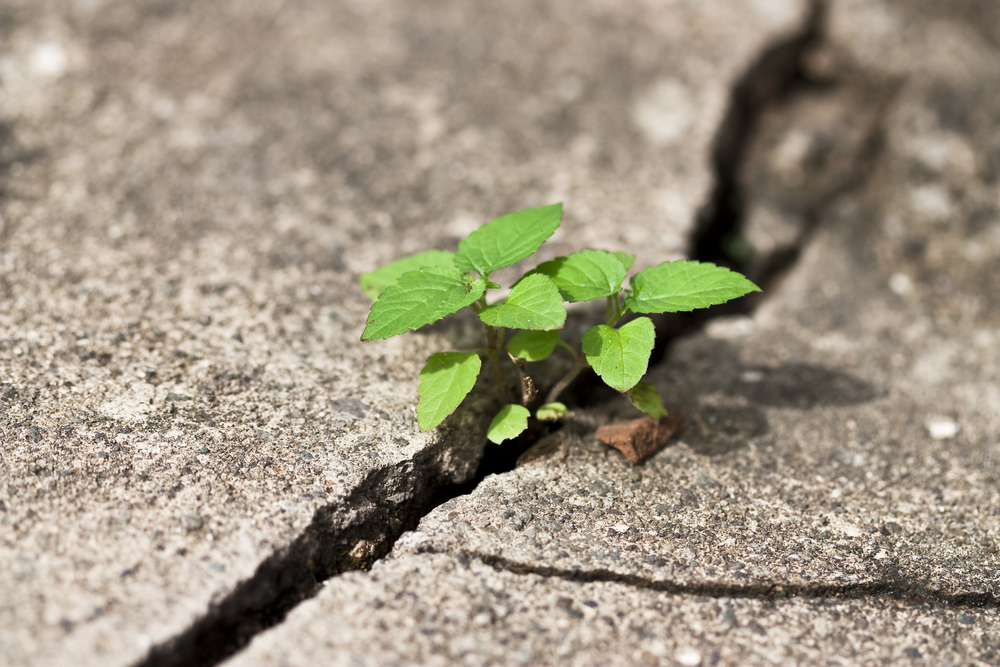 Another excerpt from the seder readings I’m putting together for Passover this year. This one is an intro to Karpas (green vegetable dipped in salt water):
Another excerpt from the seder readings I’m putting together for Passover this year. This one is an intro to Karpas (green vegetable dipped in salt water):

